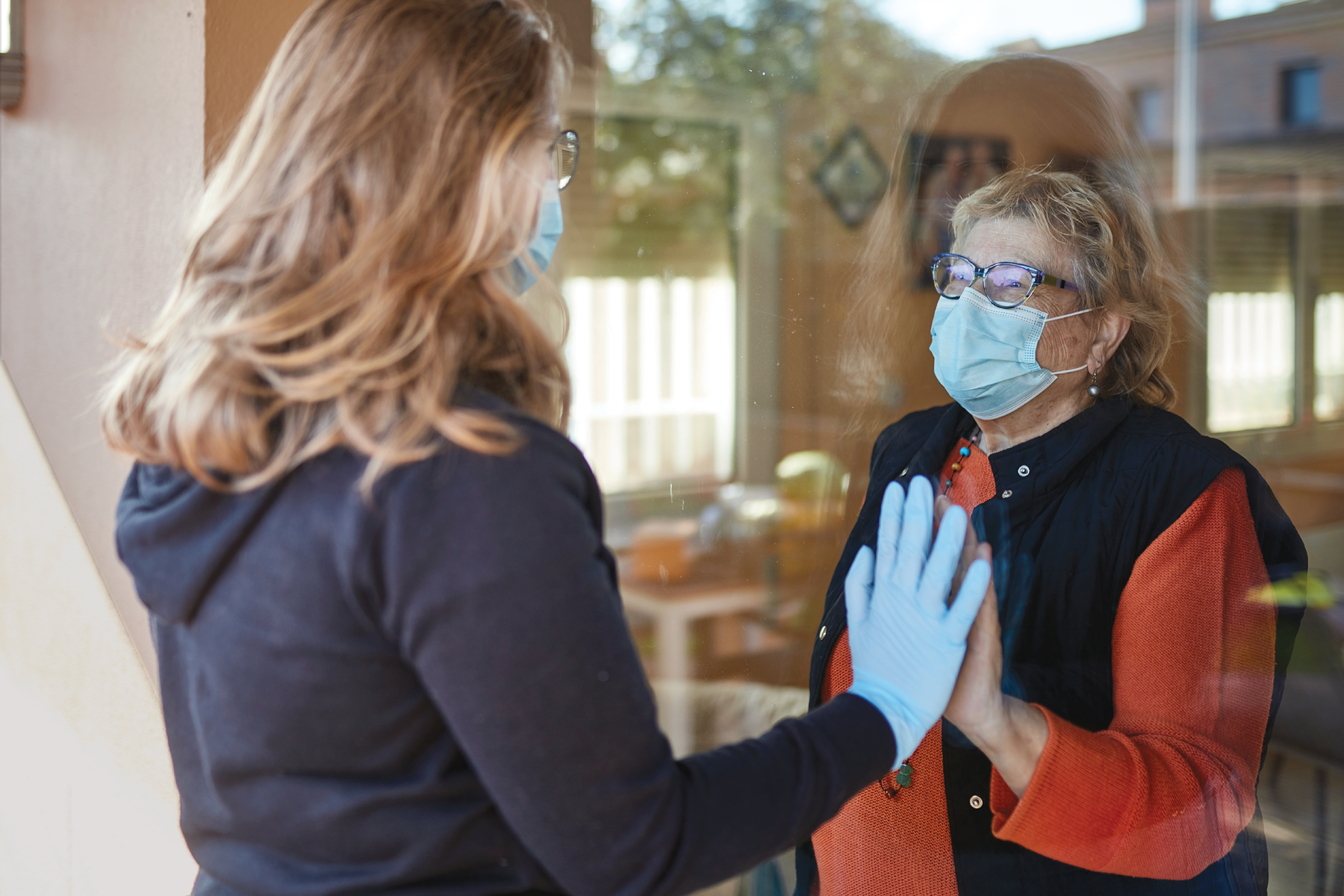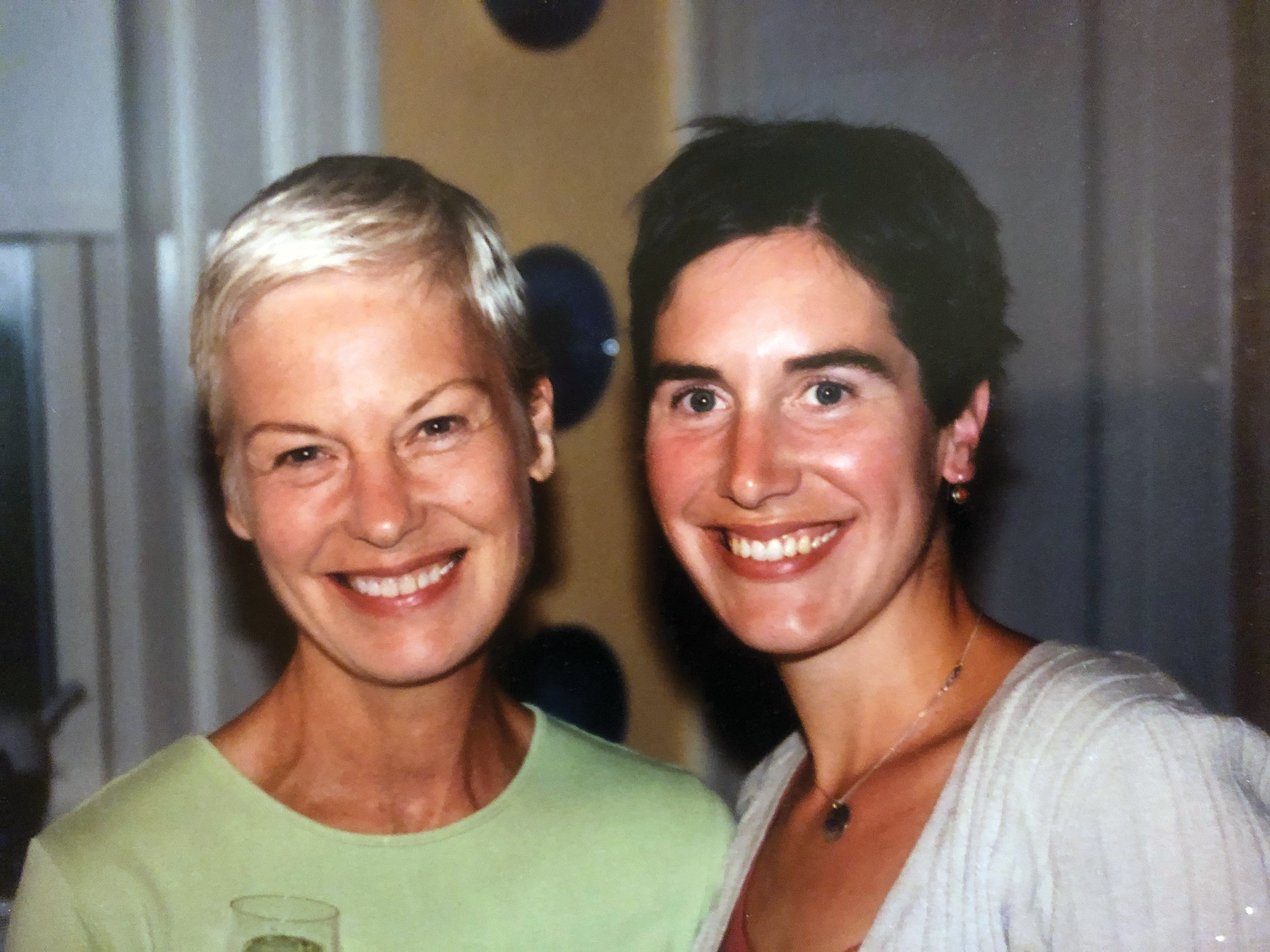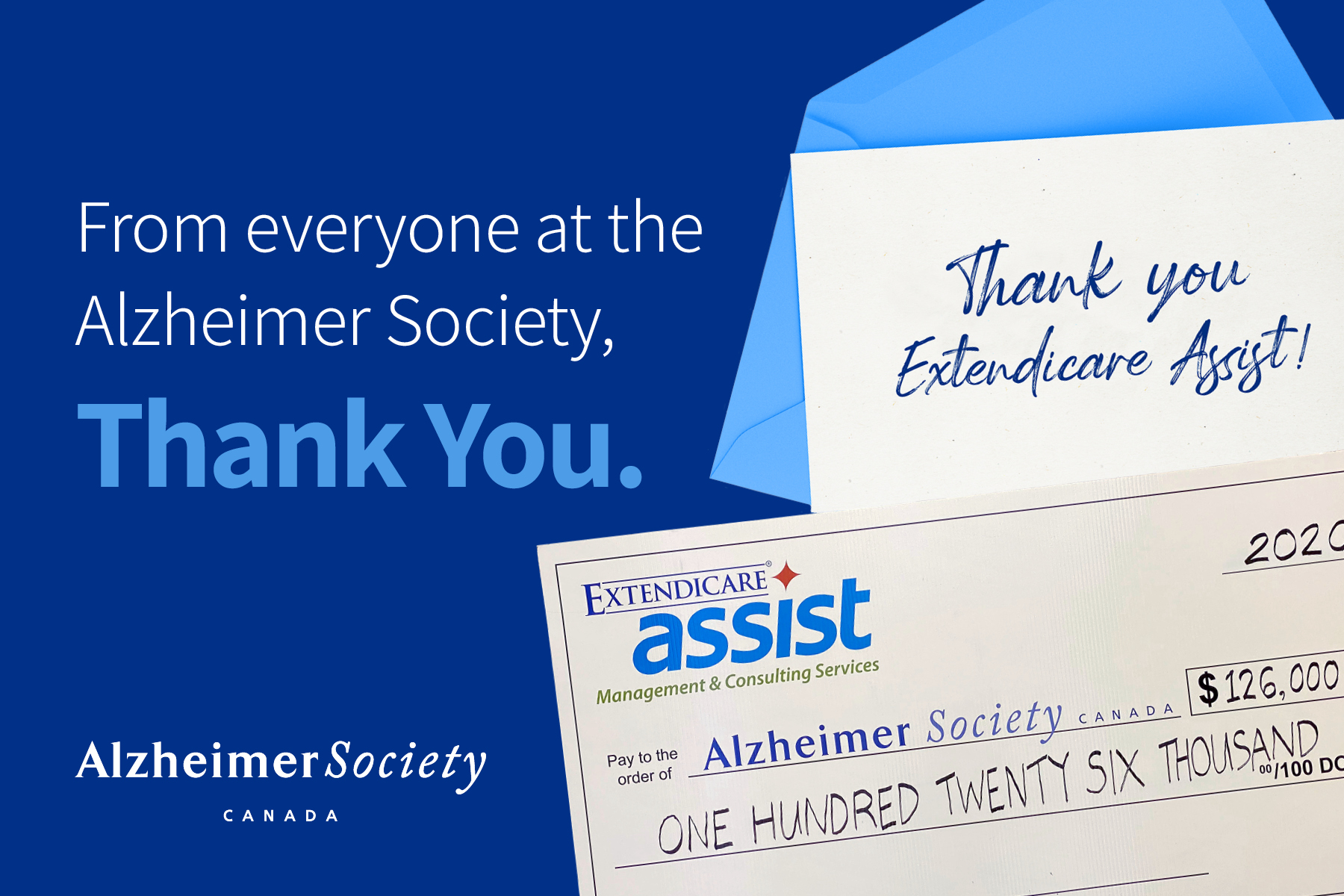A Task Force Update from Stephen McCullough
When COVID-19 reached Canada last winter, a lot of things suddenly stopped — businesses, schools and more. But at the Alzheimer Society, we actually accelerated our efforts, knowing that a virus isolates people and that would make life even tougher for those we serve.
Just one example of this acceleration is the creation of the COVID-19 and Dementia Task Force. The Task Force moved quickly in responding to the signifi cant gaps in care exposed by the pandemic. You can read about some of their work in this newsletter.
At this time of great stress, your donations enabled us to respond quickly to new needs, and helped Alzheimer Society staff across the country adapt and expand our services to caregivers. Please accept my deepest thanks.
Sincerely,

Stephen McCullough
Chief Executive Officer
Alzheimer Society of Canada










